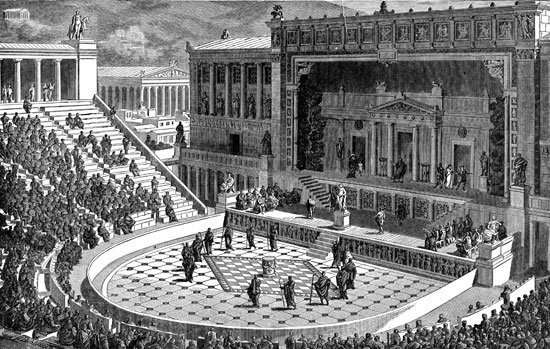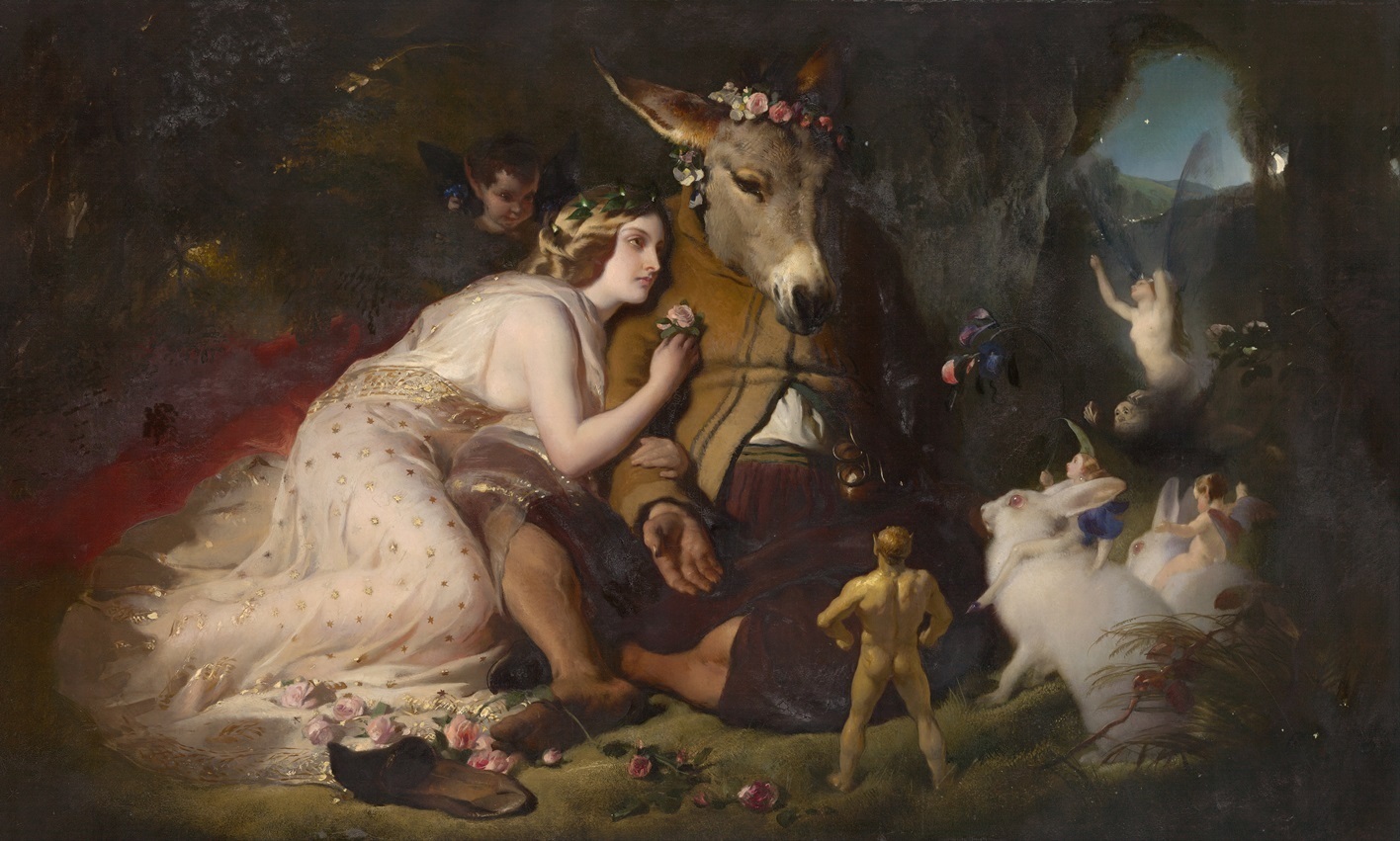
From Page to Stage and Beyond
Music and literature have long been intertwined, each with the ability to heighten the emotive nature of the other. Great works of literature provided expressive inspiration for musicians while, conversely, music was drawn upon during live performances of literature to communicate emotions that words alone could not convey.
Give me some music; music, moody food
Of us that trade in love.
William Shakespeare (Antony and Cleopatra, Act 2, Scene 5)
Dating back to Classical Athens, music and literature began to converse in a manner recognisable to modern audiences as hinted in Dover Beach which will be featured in Quartz’s upcoming concert Sparks of Conflict.
Writing some of the most tragic and terrifying plays of the period, the three great tragedians – Sophocles, Aeschylus and Euripides – relied heavily on the influence of contemporary music to strike fear into the hearts of their audience. It was believed during the Renaissance that all the lines in works by these acclaimed playwrights were sung, but recent research suggests that this emotive device was reserved simply for choral odes to maximise its impact reflecting on the action taking place in the play.

After the great Greek tragedies, this artistic intermingling next returned to prominence in Elizabethan England as great dramas returned to public life. Elaborate productions which large casts of performers and orchestras were generally reserved for court-produced dramas where money wasn’t an option, but music – albeit in a smaller, more deliberate manner – still formed a crucial component of commercial productions under the leadership of William Shakespeare.
Defying the common convention during the Tudor and Stuart periods where it was customary to include one song in every play, William Shakespeare had a much more progressive view to the inclusion of music. Shakespeare incorporated vocal music to evoke mood and, while doing so, provide an ironic commentary on a plot or a character in his comedies. His tragedies were a different matter, drawing on musical ideas in a similar manner to the Ancient Greeks, to amplify the supernatural fear central to such plays as A Midsummer Night’s Dream, The Tempest

The lasting impact of Shakespeare’s works have furthered this relationship between music and literature providing inspiration for more recent composers to reflect on the moving scenes and passages found in his extensive catalogue. Brahms and Berlioz drew inspiration from Ophelia’s death in Othello. Prokofiev composed a ballet from the tragic story of Romeo & Juliet. The world-famous wedding march music originated in Mendelssohn’s musical compositions based on A Midsummer Night’s Dream. Modern composers have been drawn to these works leading to a catalogue of musicals including West Side Story, The Lion King
While literature and music may be considered two different disciplines, they have held great influence over each other and provided endless inspirations for artists in the complementary genre. Each art form is certainly capable of surviving on its own but, when combined and intertwined, the whole is certainly greater than the sum of its parts.
Want to explore the intertwining of these two art forms further? Songmakers Australia will take audiences through this influential collaboration in their upcoming concert Shakespeare in Love while Quartz draws on Sophocles through their performance of the Matthew Arnold poem ‘Dover Beach’ set to music.
You might also be interested in
-
-
-
Explore the program notes in advance

